Fossil Fuels & Nuclear Energy
This lesson covers:
- What fossil fuels are, and their pros and cons
- What nuclear energy is, and its pros and cons
Fossil Fuels 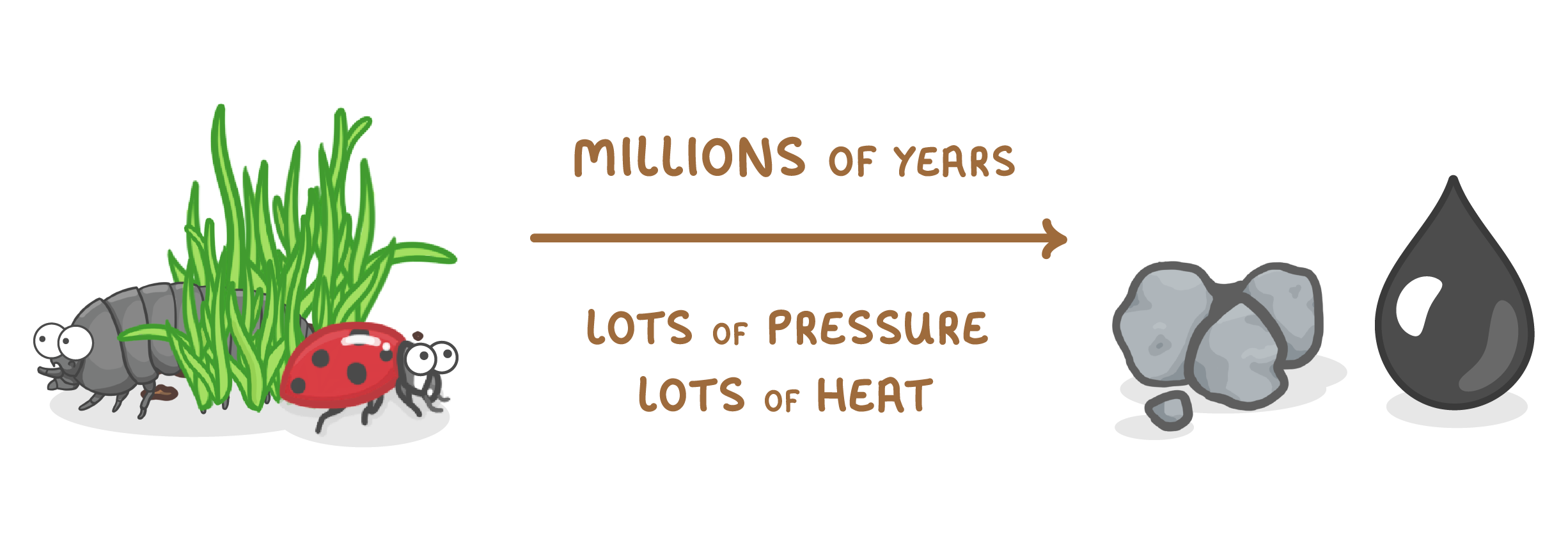 A fossil fuel is a hydrocarbon-containing material formed naturally in the earth's crust from the remains of dead plants and animals. |
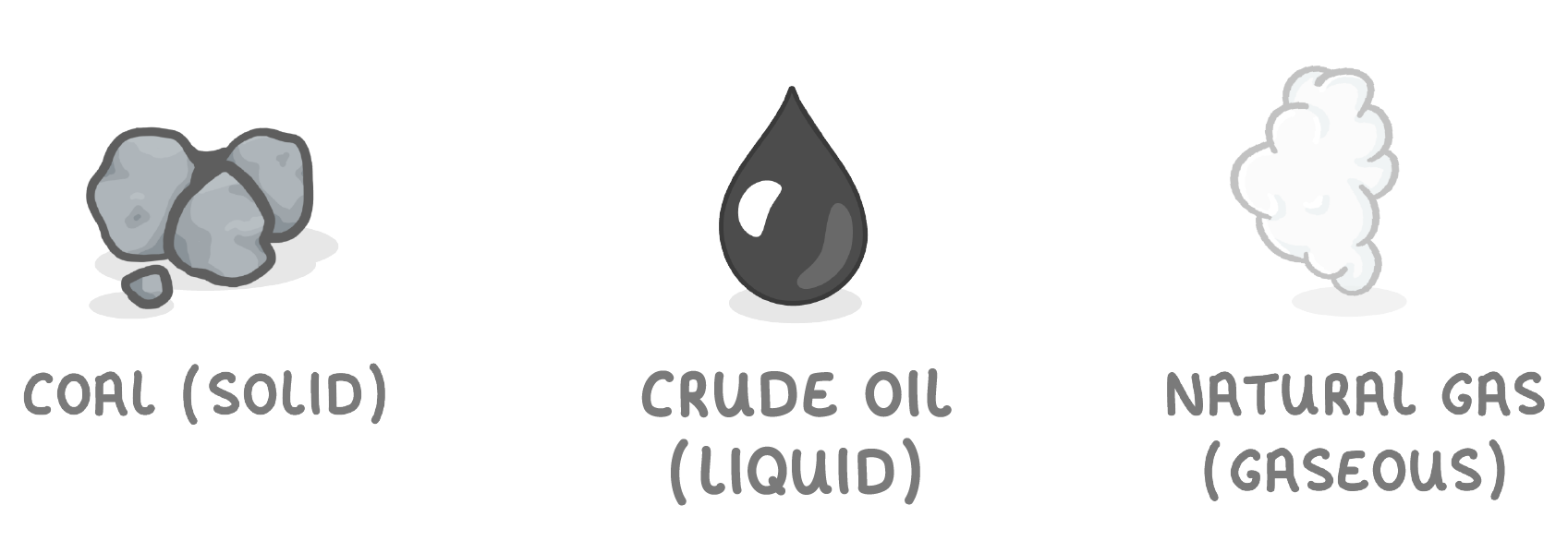 There are three main types of fossil fuels that you need to know about: |
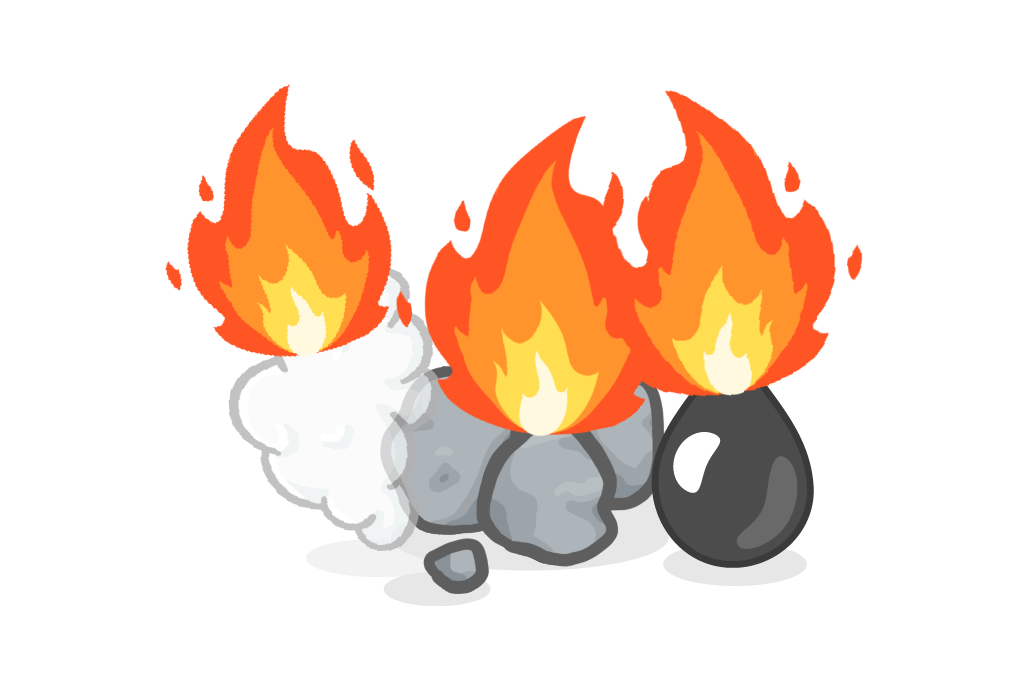 Fossil fuels may be burned to provide heat. That heat can be used in multiple different ways: |
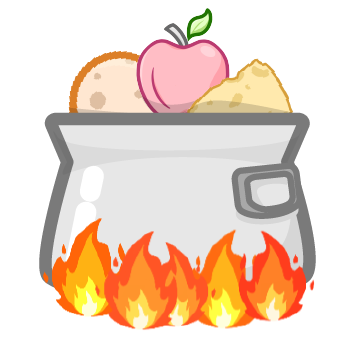 1Burned to provide heat for direct use (e.g. cooking). |
 2To power engines (e.g. the internal combustion engines in cars). |
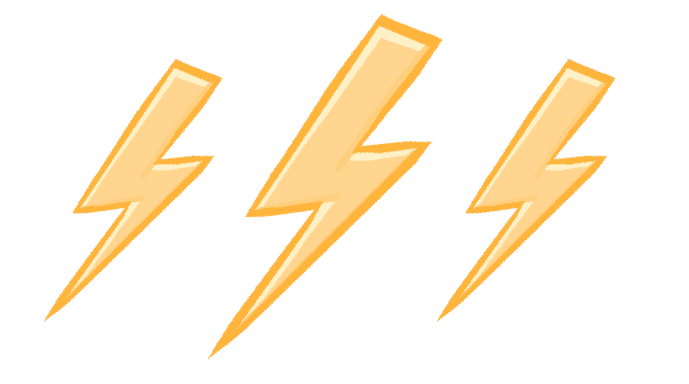 3To generate electricity. |
How long does it take for fossil fuels to form?
Thousands of years
Millions of years
Billions of years
|
What is the physical state of coal?
|
The pros and cons of fossil fuels |
Pros 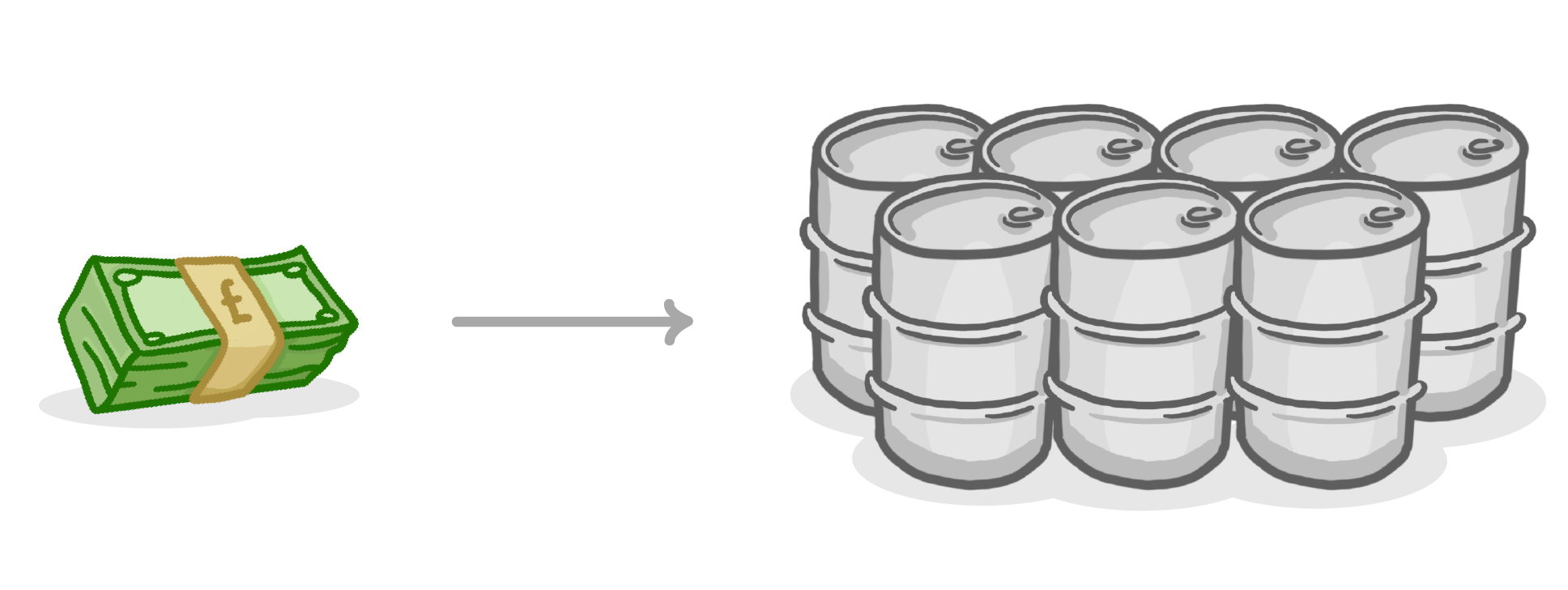 1Relatively cheap |
2Can be used in any conditions (e.g. don't require wind or sunshine to work) |
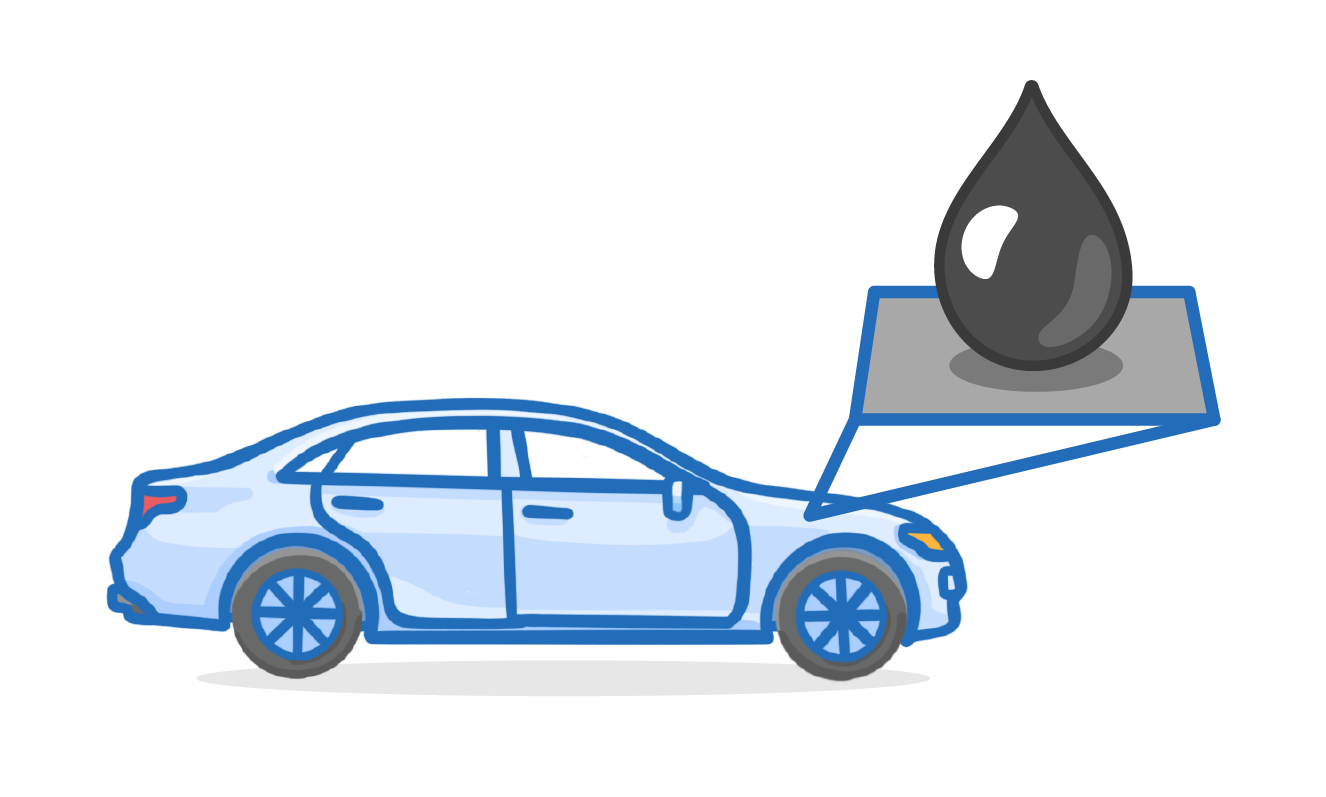 3Much of our current infrastructure is designed to run using fossil fuels (e.g. most of our cars use petrol or diesel which are both made from crude oil) |
 |
Cons |
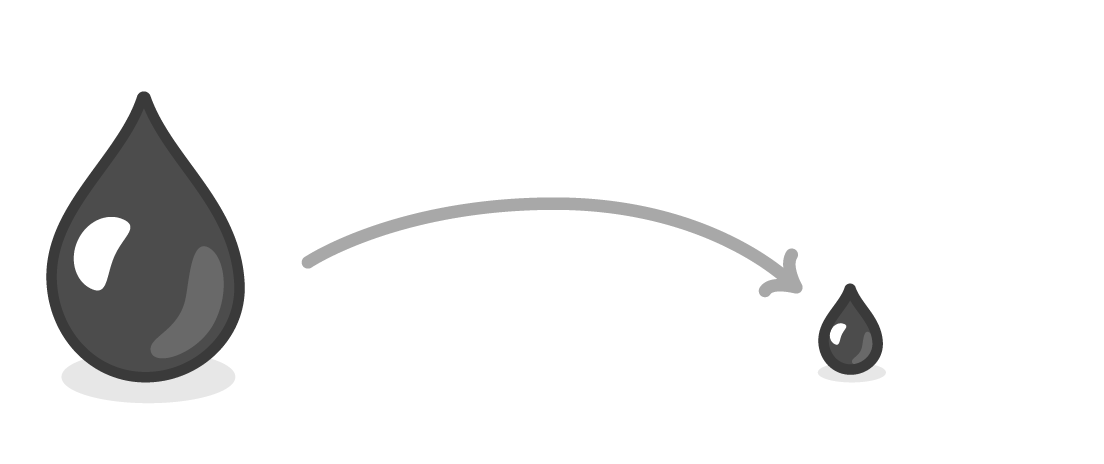 1They're a limited resource so will run out one day |
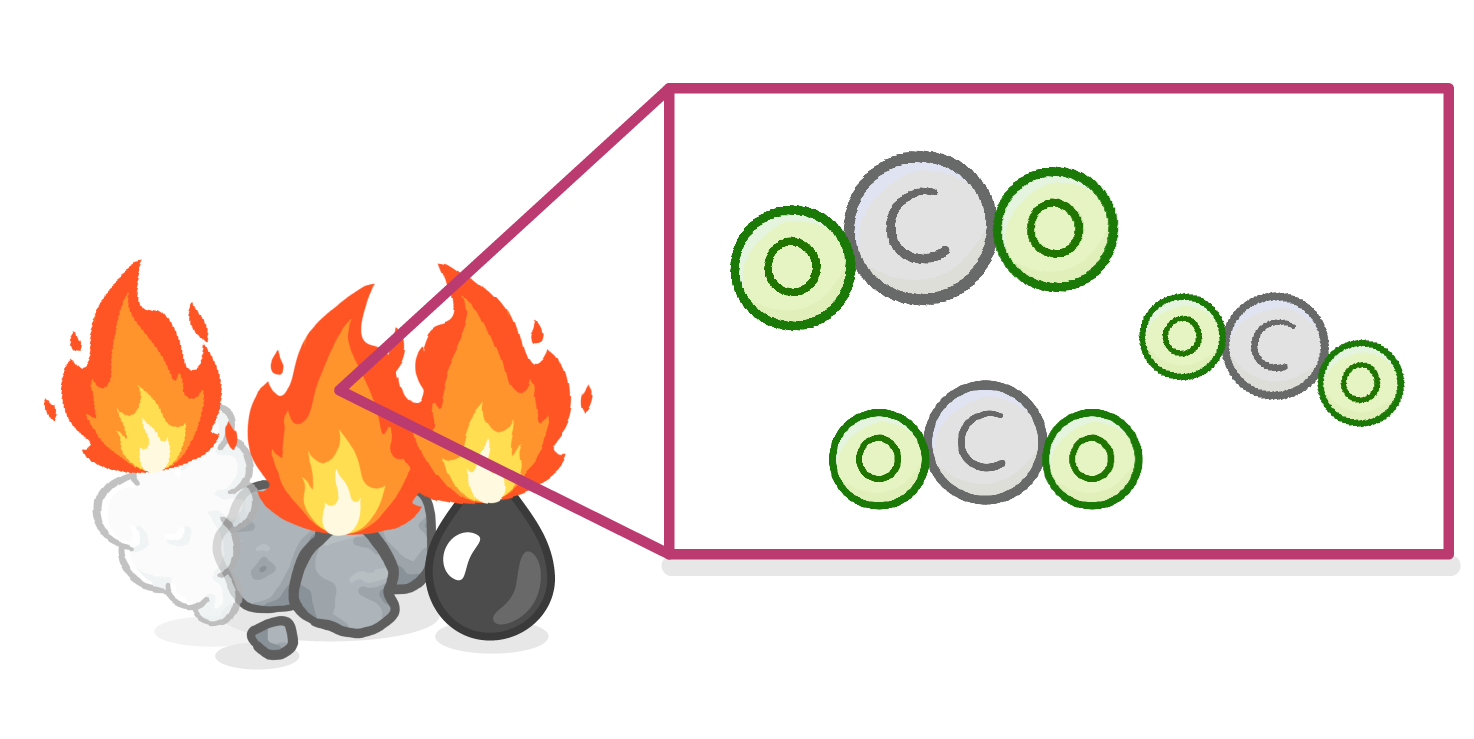 2They produce carbon dioxide when burned, which is a greenhouse gas and contributes to global warming |
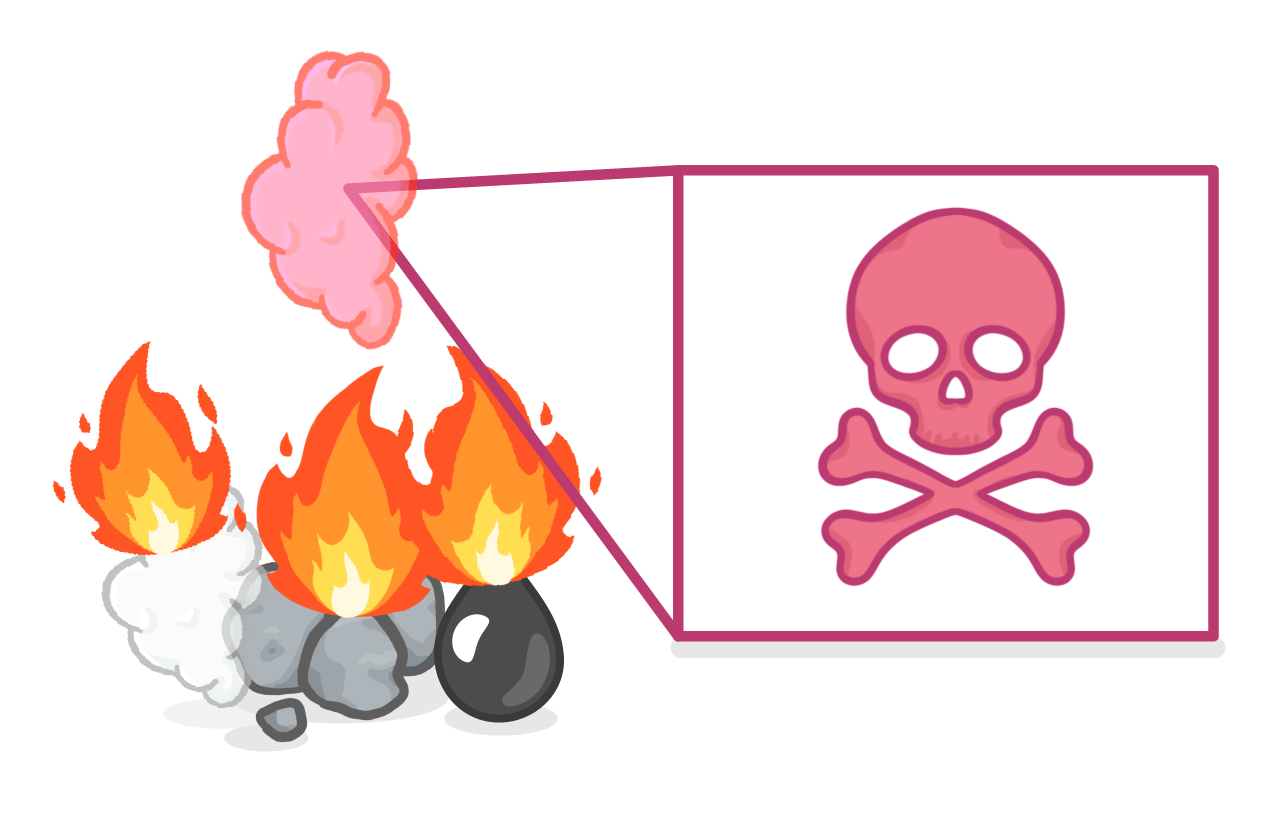 3They sometimes produce toxic gases when burned - such as sulfur dioxide and carbon monoxide |
Are fossil fuels relatively cheap or expensive compared to most other fuels?
Cheap
Expensive
|
Are fossil fuels a renewable or finite resource?
Renewable
Finite
|
What is the name of the gas produced by the combustion of fossil fuels that contributes to global warming?
|
Nuclear energy 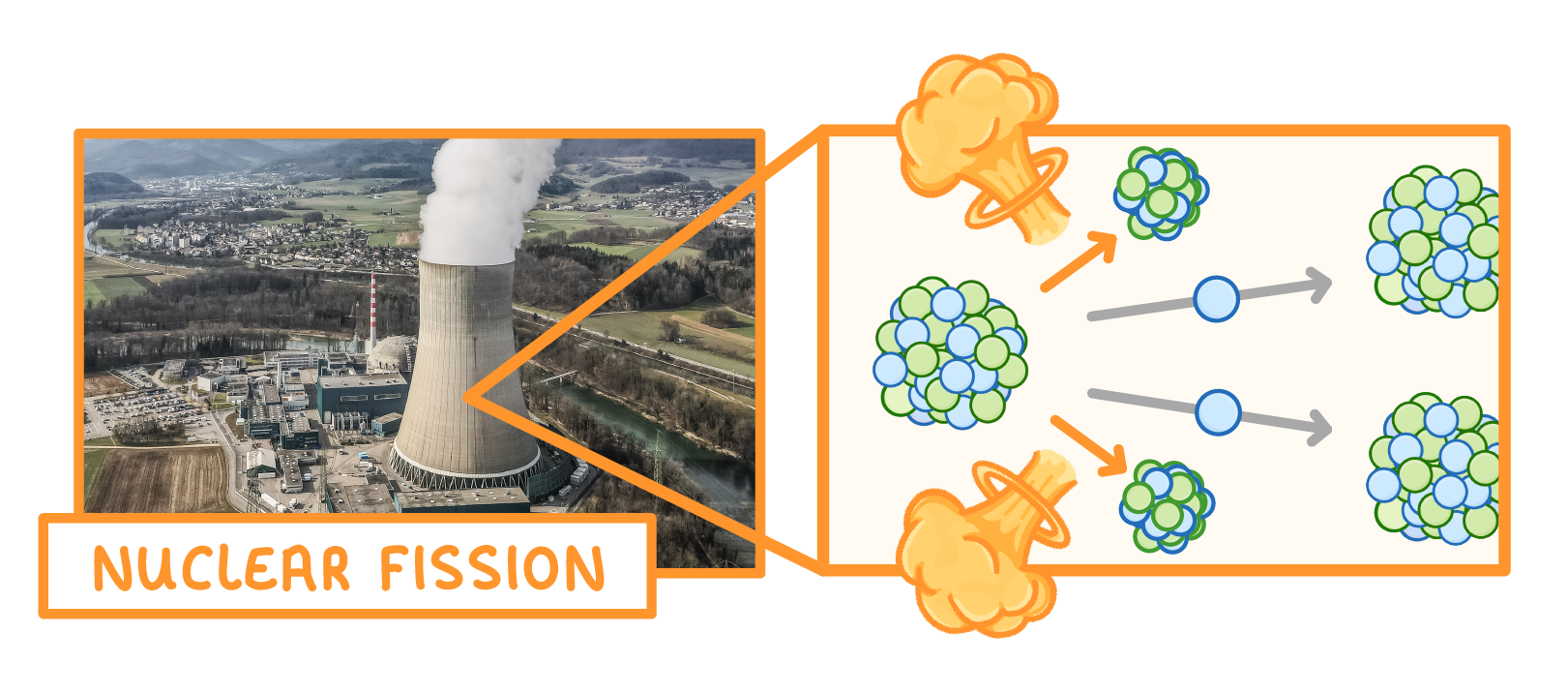 Nuclear energy is energy obtained via nuclear reactions, such as nuclear fission reactions in nuclear power stations. |
 This energy can be used to generate electricity, which can then be transmitted to homes and factories across the country. |
The pros and cons of nuclear energy |
Pros 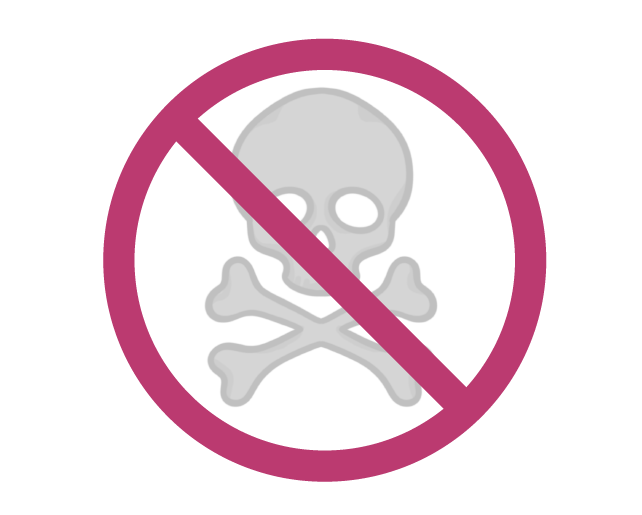 1Nuclear fuels do not produce any pollutants like sulfur dioxide, or greenhouse gases like carbon dioxide |
2Can be used in any conditions (e.g. nuclear power doesn't depend on environmental forces like sunshine or wind) |
3Although nuclear fuel (like uranium) is a limited resource, it is very unlikely to run out for a very long time 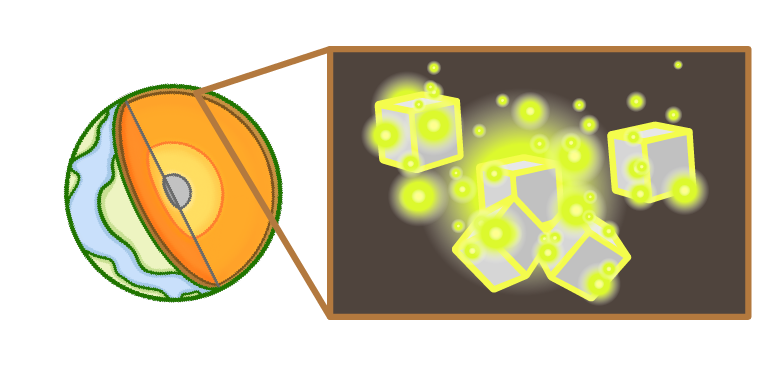 |
 |
Cons |
1Nuclear fuels (like uranium) are technically a finite resource (although nuclear power stations only use very tiny amounts so it won't run out any time soon) |
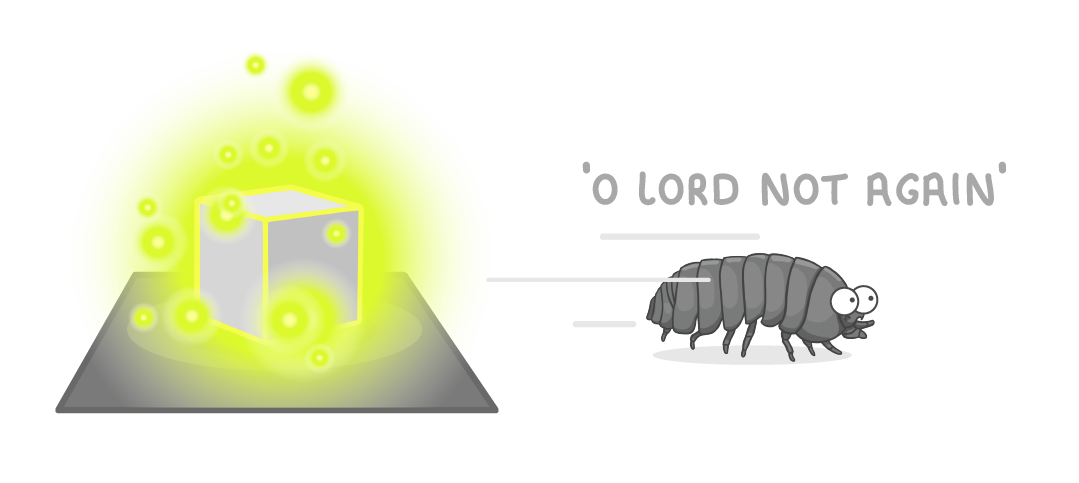 2Nuclear power stations produce radioactive waste, which remains harmful for thousands of years and so must be stored very carefully |
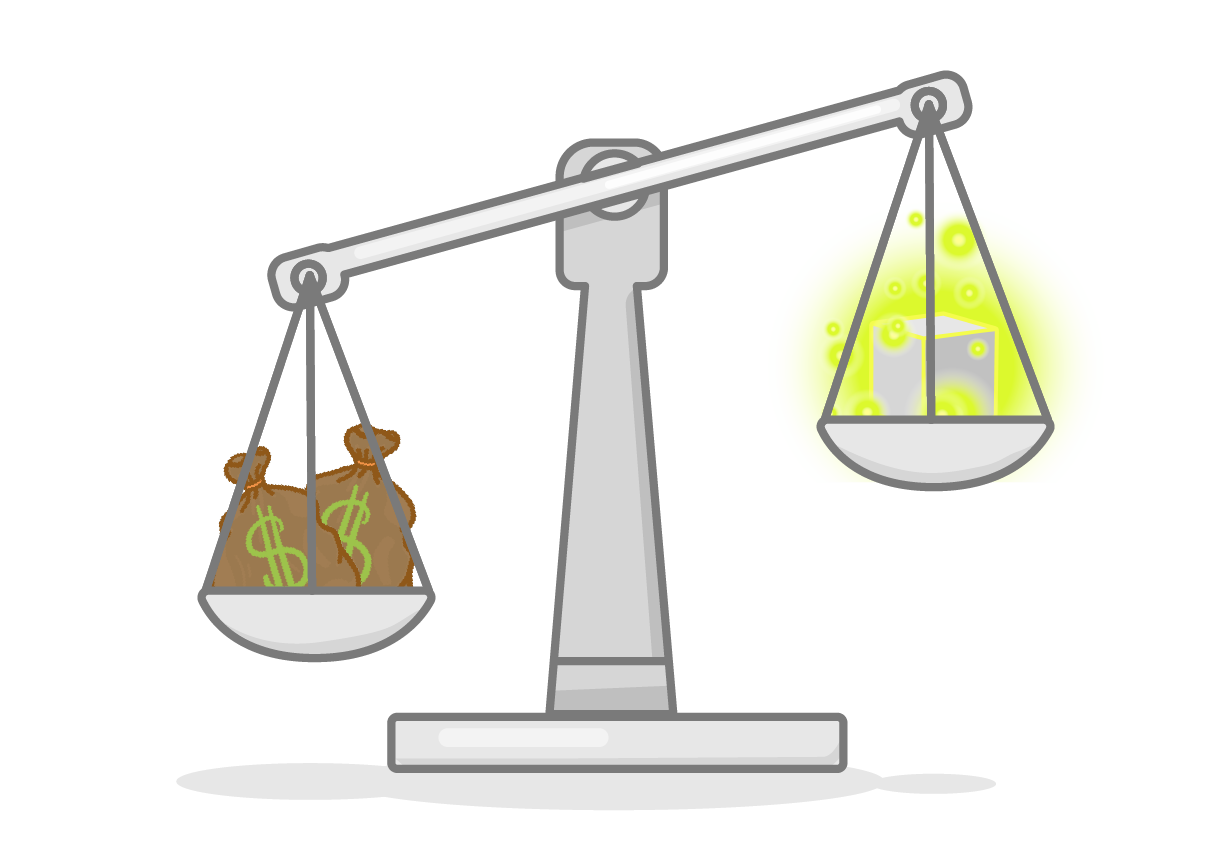 3It is quite expensive |
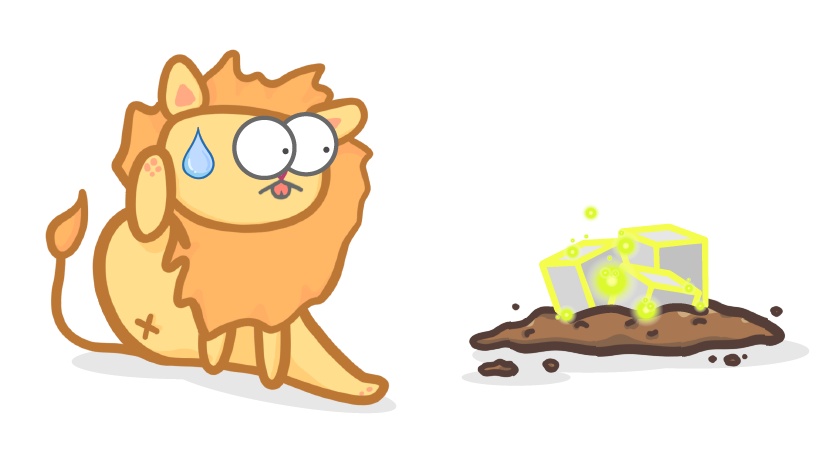 4If there is a problem at the power station, there is a very small chance of a nuclear meltdown which could release large amounts of radioactive material into the environment |
Is nuclear power relatively cheap or expensive compared to most other fuels?
Cheap
Expensive
|
Is the fuel for nuclear power a renewable or finite resource?
Renewable
Finite
|
Give 3 disadvantages of nuclear power.
|